See a high-level overview of work accomplished during the 2024 fiscal year to advance the ITS strategic plan. In addition to the work highlighted, our department teams participated in many other projects and initiatives to help ITS be the trusted campus partner that enables excellence in education, research, outreach and university operations.
Annual Report 2024
Objective I: Enhance the comprehensive educational experience.

Compliance to Department of Justice Final Rule Additions to ADA Title II
On April 24, 2024, the Department of Justice issued their final rule on web content and app accessibility. The rule creates linkages to the Americans with Disabilities Act (ADA) Title II and ensures that the services, programs and activities offered by government entities are also accessible to individuals with disabilities. The ITS Digital Accessibility team is building awareness for the new rule through trainings and roadshows, and aligning the university’s digital accessibility policy to the new DOJ rule. The timeframe for these digital accessibility initiatives to meet compliance with the Department of Justice rule additions is April 24, 2026.
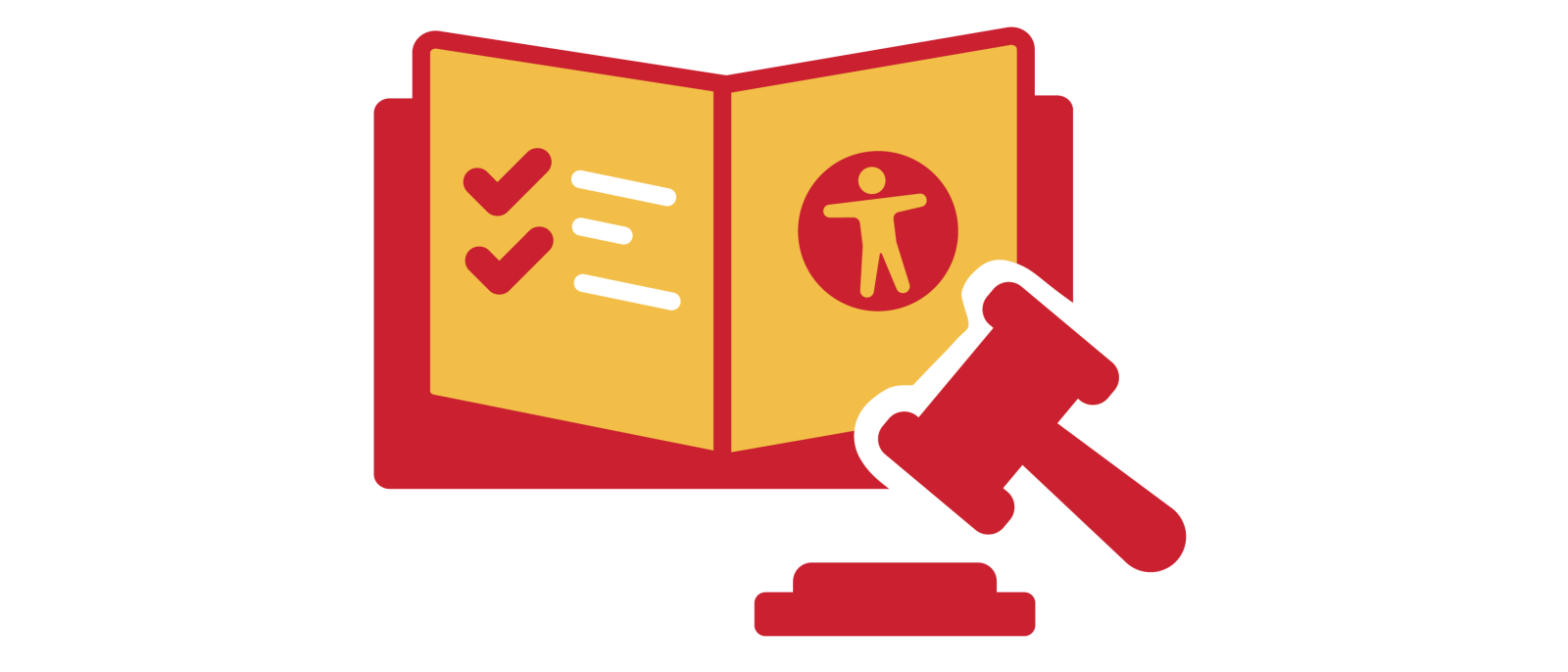

Automating Device Network Registration Process
Joining the internet on campus, especially for students in dorms, became a much simpler process, with IT work to automate the process of registering smart devices to Iowa State’s network. Smart devices connecting to the Iowa State network must be registered through a process called NetReg. This registration process helps maintain a stable and secure network environment for all campus-goers.
A program now handles the registration automatically, eliminating the need for IT Solution Center staff to manually transcribe key information from the device. This reduces the manual ticket processing by 80% and gets folks connected to the to the campus network faster and more efficiently.
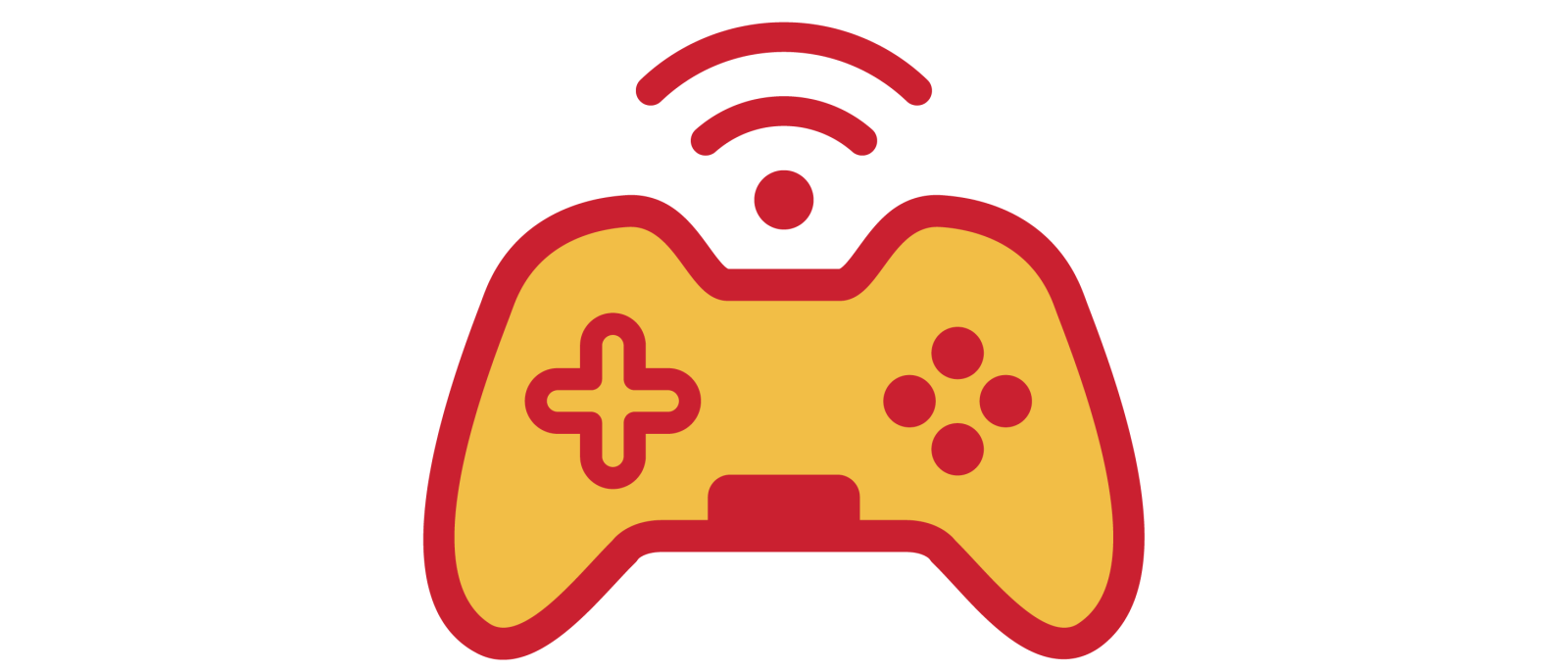

Improving Central Campus Wireless Network
Students, faculty and staff experience better internet on campus with upgrades implemented by the Network Infrastructure team. The team increased network capacity and access on central campus by upgrading fiber infrastructure and underground facilities. This improvement supports the wireless network for existing and new buildings and outdoor areas on campus.
Fiber optic cables often replace copper cables with the added benefits of carrying more data and doing it faster, and keeping signals strong (not degraded) when data travels long distances. Ultimately, the expanded fiber infrastructure boosts network bandwidth, allowing for greater data flow, which is crucial for high-speed wireless services. Fiber cables also offer improved reliability, being less prone to disruptions from environmental factors.
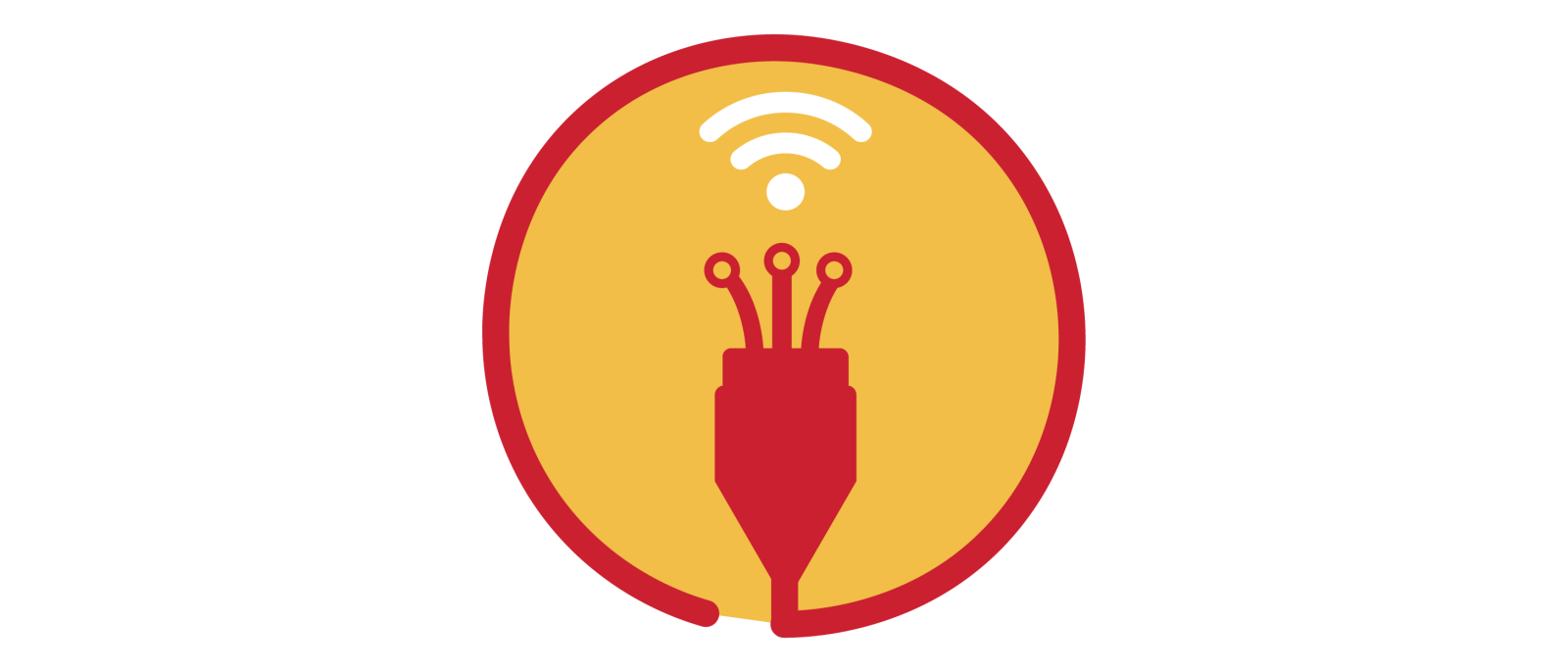

Speech-to-Text Software Expands Accessibility
Students, faculty and staff have access to an accessible note-taking tool with Glean, a new speech-to-text software selected by the ITS Digital Accessibility team. With Glean, students and instructors can record classes, and employees can capture information from meetings. In addition to producing a recording, Glean generates transcripts where users can attach notes, labels and lecture slides.
With course or meeting content available to revisit in multiple formats, Cyclones have a more equitable learning experience. With Glean in place, the university is better equipped to meet the goals set by the Digital Accessibility Policy instituted in 2022.
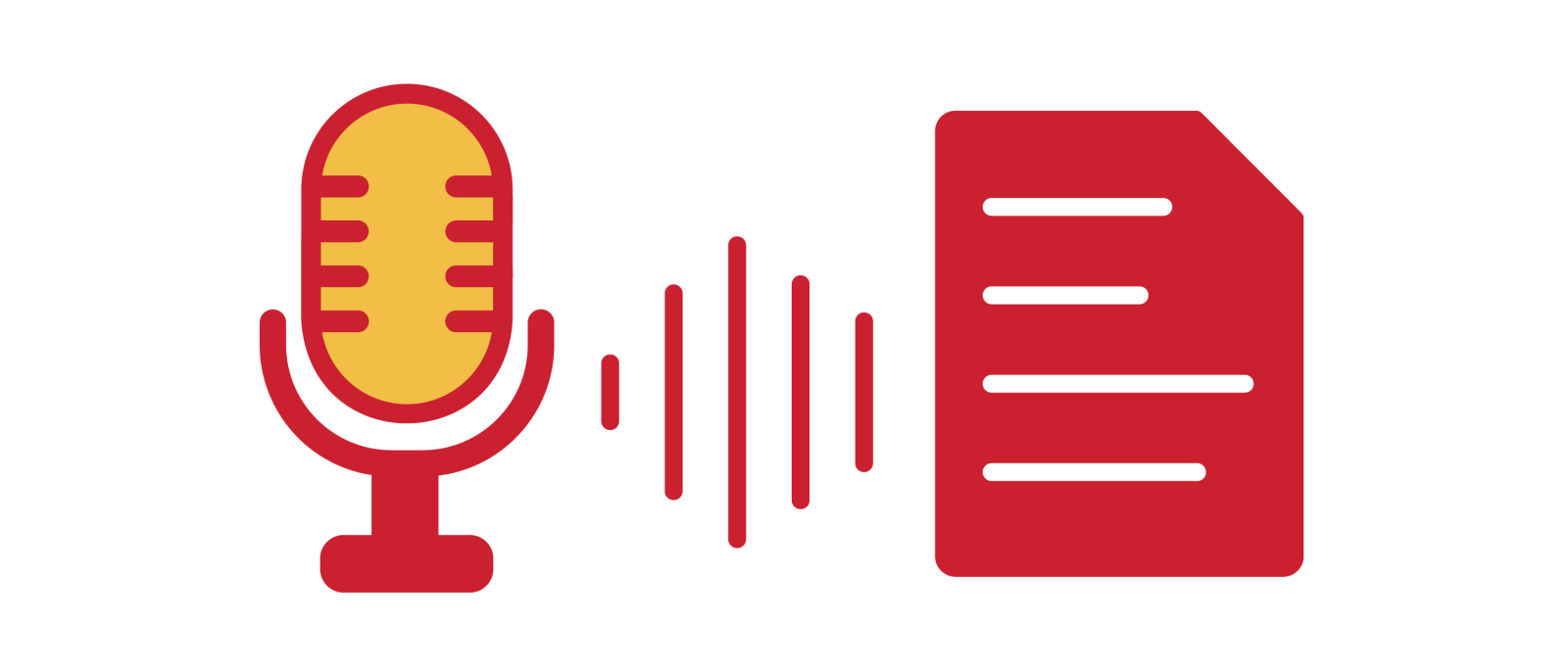

Preparing Incoming Students with New Orientation Session
To effectively provide new, incoming students with technology resources, ITS introduced a new 25-minute in person presentation session called “Your Technology Checklist” during OnCyte Orientation. At the in-person session, new students and family members learned the basics of using Iowa State technology, such as the Sign On Dashboard, tips on how to spot an email scam and more. This presentation session helped ensure students are tech-ready for the fall semester.
By hosting the presentation, ITS shared the most up-to-date information and educated new students about technology support they can rely on throughout their academic journey. This proactive approach also aims to reduce the number of help tickets submitted.
Additionally, ITS participated in the OnCyte Orientation Resource Fair as another channel for sharing technology resources. During the resource fair, new Cyclones and their families had the opportunity to speak one-on-one with team members and get their individual questions answered.
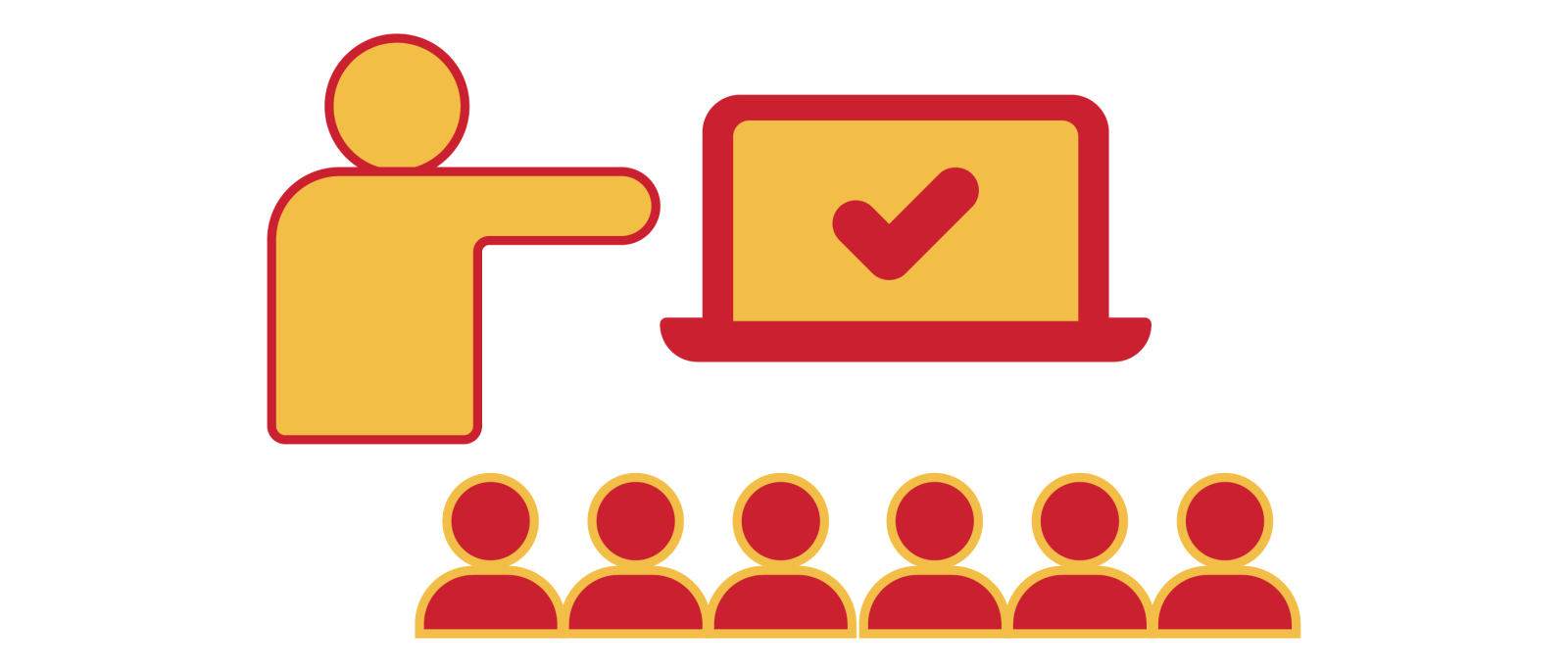

Durham Testing Center Relocation
Providing students with a more convenient testing center location, the Durham testing center moved to the Hixson-Lied Student Success Center. The Endpoint Services and Network Infrastructure teams supported the move by relocating 57 desktop computers, including network boxes and switches to the new testing center.
The new testing center, opening in fall 2024, will offer students additional resources like academic counseling, tutoring centers, resource library and study rooms.
Objective II: Enable our partners in research.

Simplifying High Performance Computing Job Management
Students and researchers benefit from the High Performance Computing team’s integration of two unique tools for a unified interface when computing. The tools integrated are Slurm and Open OnDemand. Slurm is a tool/function that manages computational job scheduling and resource management – in other words, when someone’s data gets computed and through what machines. Open OnDemand provides a user-friendly interface for accessing HPC resources, meaning students and researchers have an easier way to tell equipment what to calculate and compute.
The team created templates in Open OnDemand to simplify job submissions by requiring only value inputs. After the templates are filled out, Slurm queues the job and runs it when the requested resources are available. This integration allows users of all skill levels to access powerful computing resources more effectively.

Expanding SCINet for USDA Research
The High Performance Computing team visited with the U.S. Department of Agriculture, Agricultural Research Service and SCINet project representatives to discuss extending resources to more USDA agencies and increasing computing facilities. SCINet is a USDA research initiative that provides high-performance computing resources and training to increase scientific research capabilities. In extending SCINet resources, researchers can work with larger datasets more effectively.
Since 2016, many ISU departments have been key partners in developing SCINet, which supports a wide range of agricultural research projects. The HPC team also supports the nine Petabyte NetApp storage called Juno, which enables remote connections between ARS sites and SCINet computing resources.
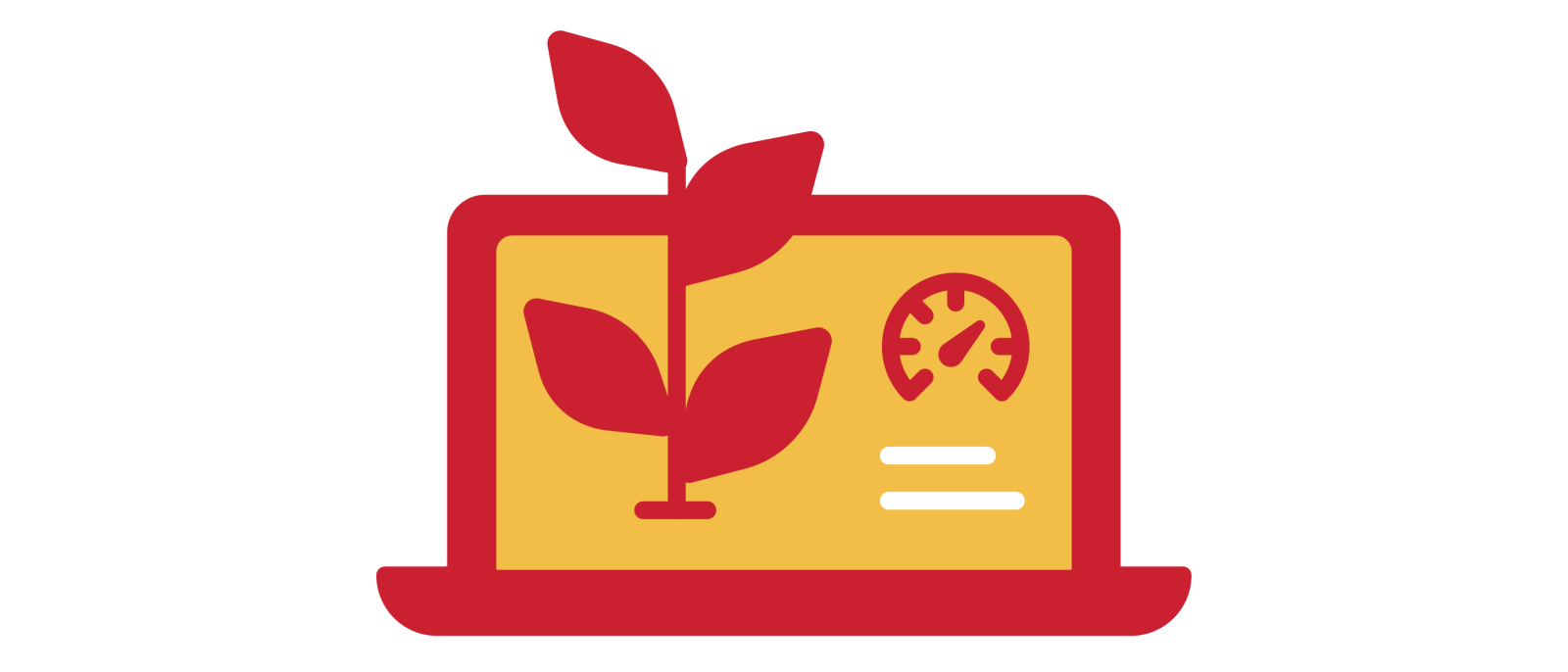

Gartner Campus Access Program Makes Tech Data More Available
As a new, no-cost tool for the ISU community, Gartner’s Campus Access Program provides students, faculty, staff and leadership with unlimited access to technology related research, trends and advice. This effort aligns with the ISU mission to share and apply knowledge to make our students, Iowa, and the world better.
Students can access data and statistics related to IT and business for projects, career planning and employment. Faculty can access current trends in information technology allowing them to bring real world complex issues into the classroom. Plus, leadership and staff can access information for continued understanding of the evolving technology landscape.

University Research Technology Teams Reorganize
In summer 2023, the ITS High Performance Computing team and Research IT team from the College of Liberal Arts and Sciences reorganized as the Research Technology team in Information Technology Services. This restructuring aims to better serve research efforts and the evolving needs of the university’s research community.
Merging the teams has deepened collaboration and responsiveness to research needs. The teams are developing more training for new users and continuing integration of Research IT and HPC services. The HPC and Research Services teams are also working toward combining compute resources to handle large data sets and designing the future HPC system.
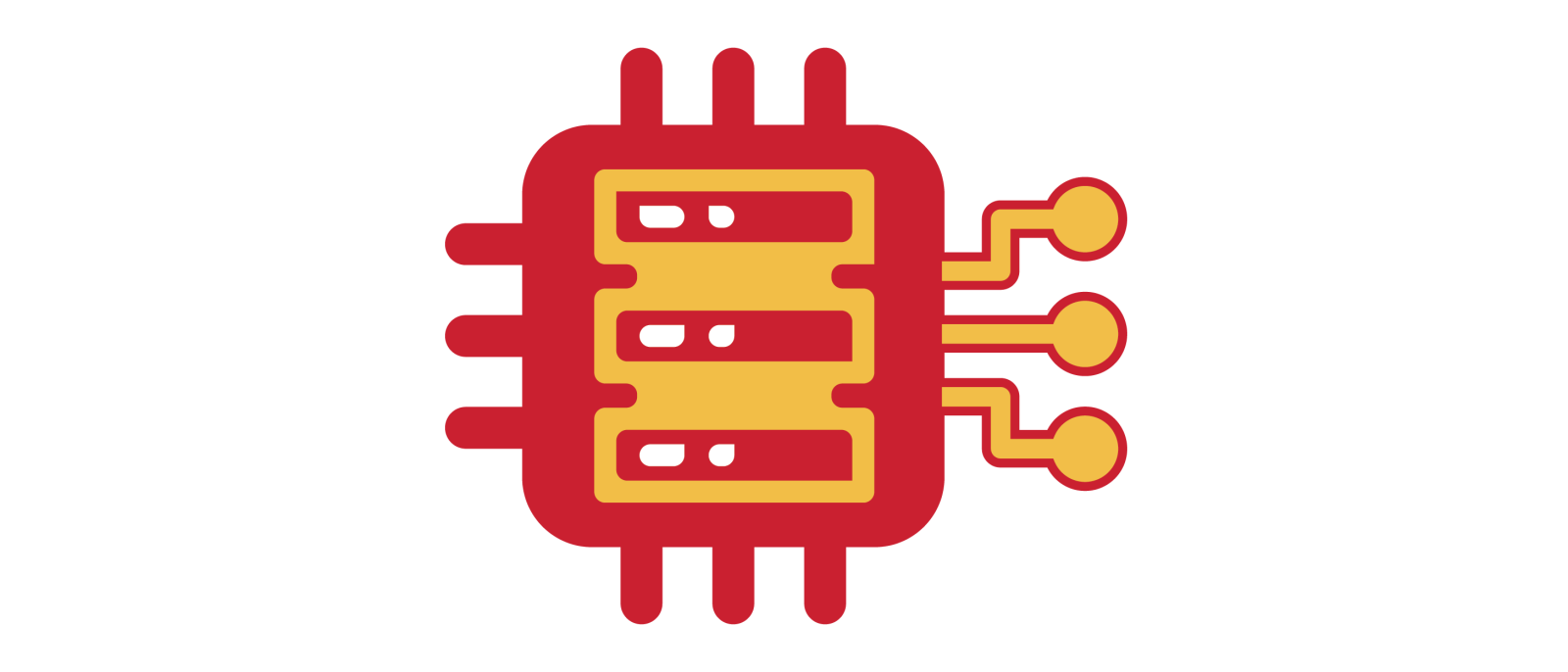

Exploring Artificial Intelligence
With a charge from ISU leadership, ITS is facilitating the university’s AI committee to ensure ISU adopts emerging AI technology responsibly and innovatively. The committee is currently discussing guidelines and policies for responsible and effective use of AI at Iowa State. This effort is part of their broader mission to establish best practices and policies for the future. Simultaneously, ITS focuses on making AI tools accessible to everyone while maintaining security, accessibility and cost considerations.
The AI task group is composed of five subcommittees: Policy, Teaching and Learning, Research, Communications and Operational Efficiencies. Every subcommittee is tasked with inventorying campus AI activities and identifying opportunities and risks.
As part of ITS’ role in managing IT systems and services for the university, the ITS website hosts the AI task force’s generative AI webpage. This webpage serves as a go-to resource for anyone interested in learning about projects and initiatives related to generative AI at Iowa State.
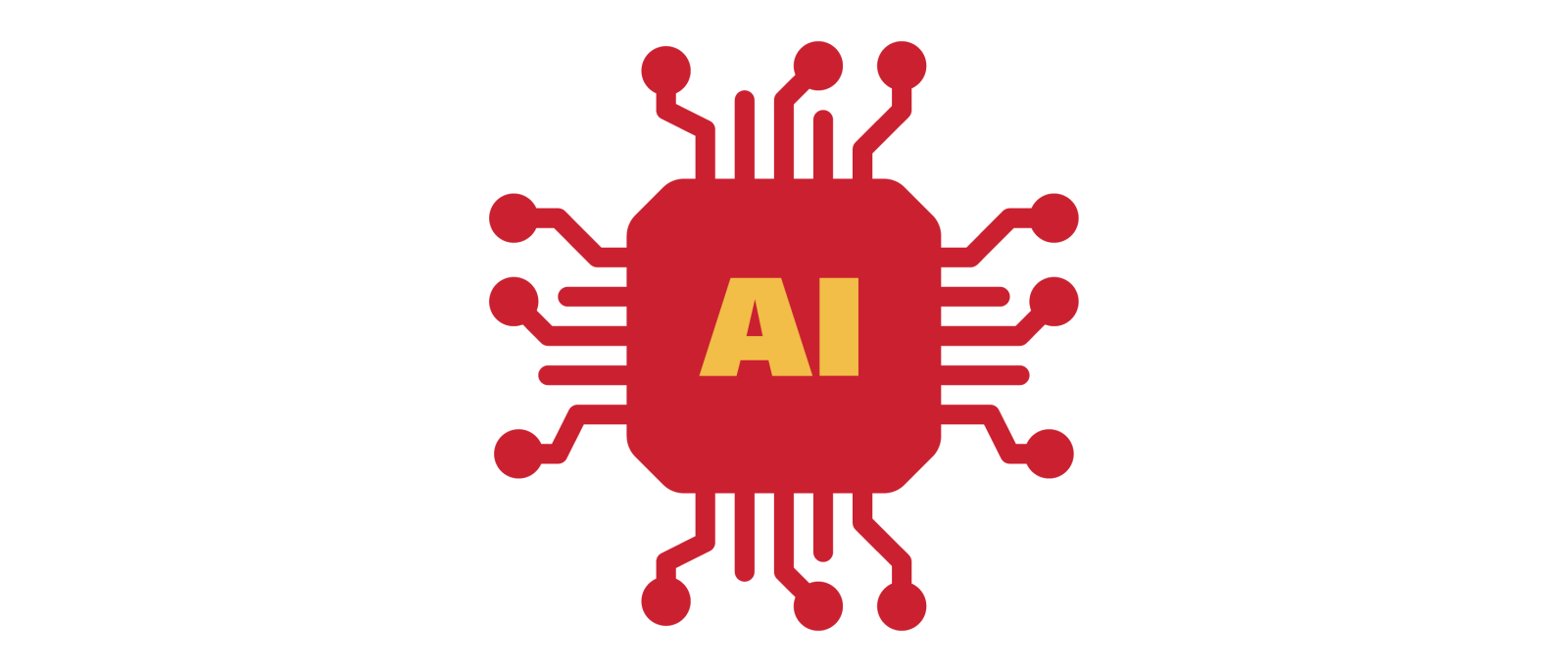
Objective III: Deliver and support high-quality enterprise services.

Supporting the Implementation of Workday Student and Receivables
As an integral member of the Iowa State University WorkCyte program, ITS is engaged in large-scale projects to modernize university systems. The WorkCyte Phase II project is well underway and will result in the implementation of the Workday Student and Receivables software. Workday Student will replace retiring student information systems like AccessPlus and ADIN.
The project benefits from the contributions of over 300 core team members, many of whom are ITS employees. In the last year, the project team successfully moved active and historical data, allowing students and advisors to begin using Workday for the first time. Milestones included:
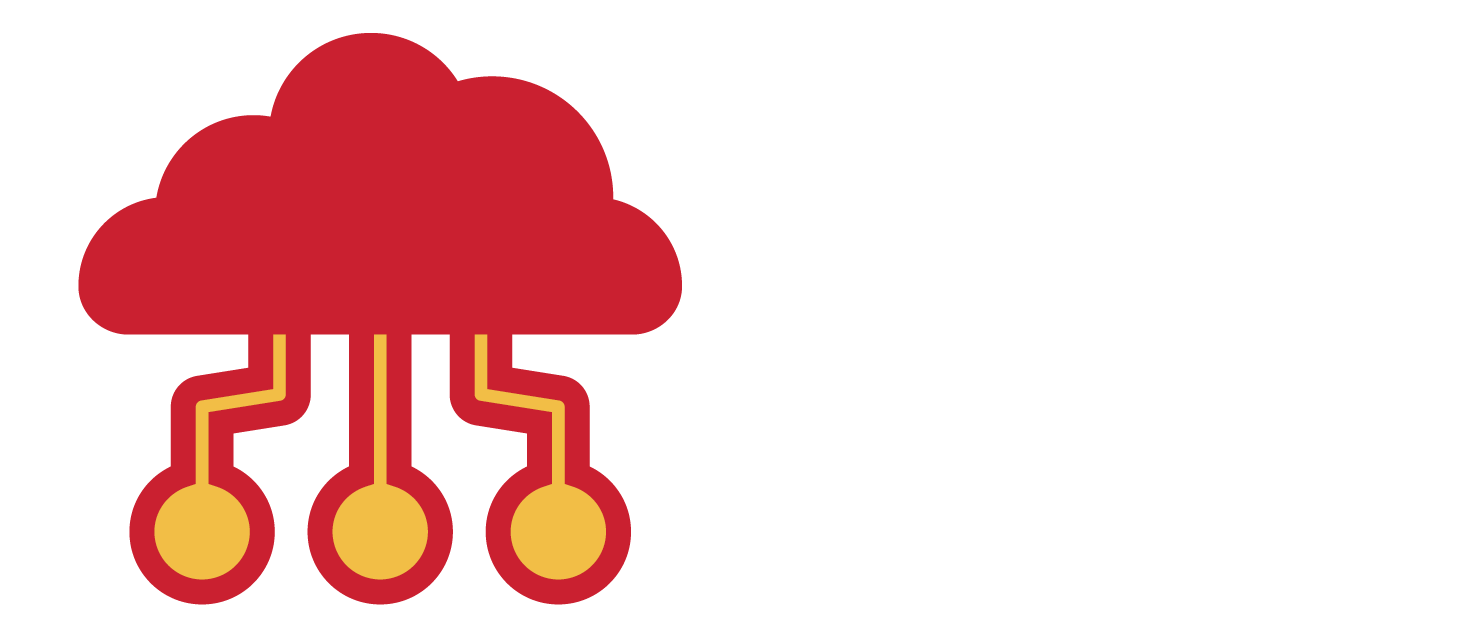
- Four of seven phased launches.
- Conducting thorough project team and campus testing.
- Comprehensive training material development and review.
To support the transition, ITS teams prepared active and historical data for over 450,000 students, moving more than 32 million rows of student and supporting data from legacy systems into Workday.
When the third rollout period occurred in March, advisors and continuing students began using Workday for course planning and registration. This marked the first time in decades that students used a system other than AccessPlus for course registration. Looking ahead, all rollouts are set to be complete by February 2025.
In January, testing expanded in an activity called Workday Mock Semester. In preparation, more than 55,000 project scenarios were created and tested by the project team. Over 500 students, faculty and staff completed key tasks in Workday and gave feedback to inform project decisions and guide training efforts.
In addition, the project team hosted 12 Workday Wednesday Workshops that shared a first look at new processes in Workday. Over 1,400 Iowa State employees attended the workshops in real time, with 500 folks additionally reviewing webinars at a later date. For training, nearly 100 training materials including how-to articles, Workday Learning courses and demo videos were created and published to the WorkCyte website.
Workday is set to become the system of record by fall 2024. This transition is a significant milestone in modernizing Iowa State systems, aligning with ITS’ mission to enhance the technological infrastructure. By providing a more integrated and user-friendly platform, the WorkCyte Program is providing students, faculty and staff with the necessary tools they need to succeed. ITS will continue to support the implementation through ongoing training, user support and system maintenance.

Microsoft Defender Rollout Improves Security for University-Owned Devices
To improve cybersecurity and continue reducing risk of data breaches to university desktops and laptops (also known as endpoints), ITS deployed a digital security tool called Microsoft Defender to approximately 10,000 university devices. Using Microsoft Defender ensures quick detection when an attacker gains access to a device or confidential data. The software protects faculty and staff by blocking malicious applications or temporarily disabling a malicious connection, allowing time to eradicate the attacker.
ITS partnered with college IT leads to select the software and build a clear security response process. The work continues and is on track for 2024 completion.
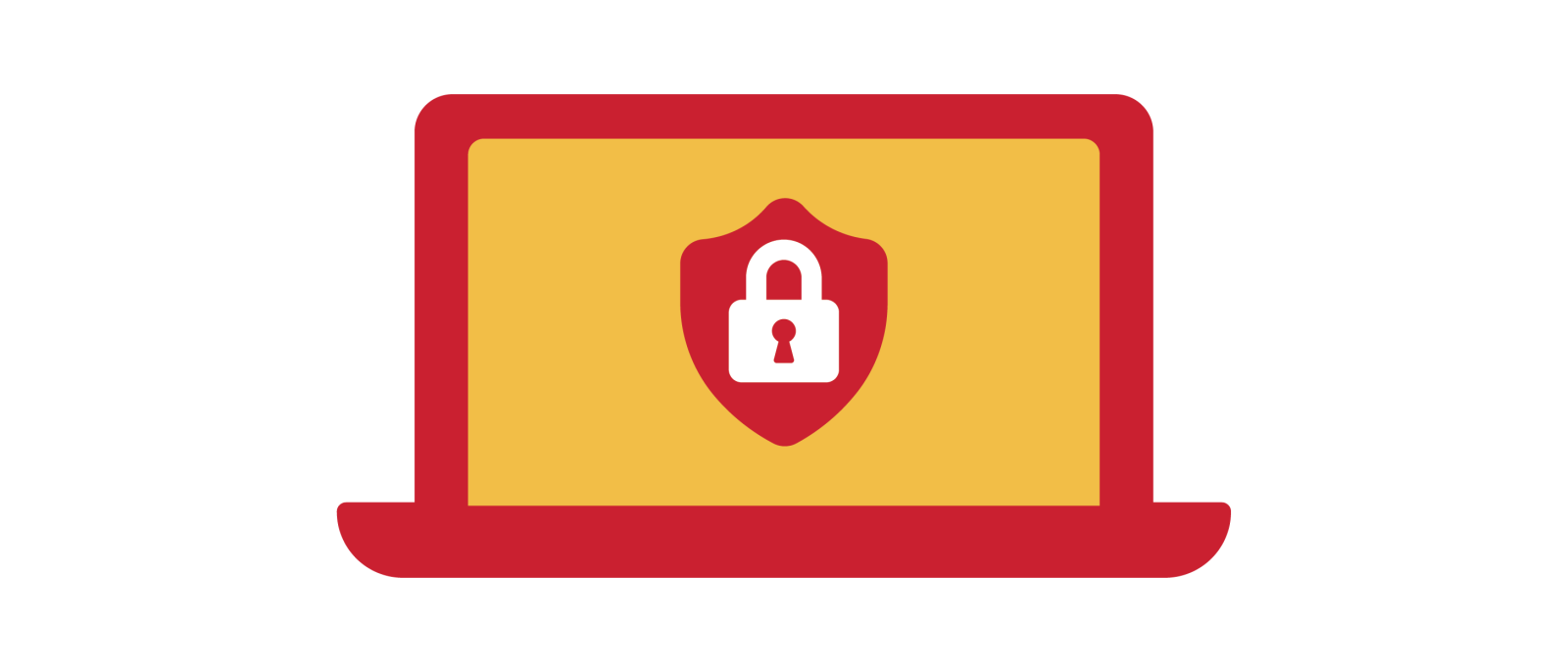

Planning for Campuswide Training on Digital Accessibility
The Digital Accessibility team began planning and strategizing for campuswide digital accessibility training. The team began by conducting a thorough needs assessment to identify the specific accessibility challenges faced by various departments. Based on this assessment, training will be designed for students, faculty and staff. Topics include writing effective alternative text, designing accessible documents, making meetings accessible and more. The project launched in January 2024 and is targeted for completion in April 2026.


Migration of Campus Websites to Microsoft Azure Enhanced Network Protections
As an initiative beginning in 2023, campus websites moved from their current web hosting solution to Microsoft's cloud computing platform, Azure, with the added benefit of enhanced protection against outages. The migration was performed by the ITS Systems Operations team and provided additional network redundancies - a series of backup systems or components added to a network - which increased reliability and protection. Moving web hosting to Microsoft Azure also prevented the need for extensive equipment purchases. Throughout the process, teams also took steps related to inventoring websites and a standardized and sustainable process for site management.


ISU Data Mart Tool Aids in Reporting
To enhance data reporting and provide detailed analysis of Workday and historical student data, the ITS Reporting and Analytics team has implemented a data mart. The data mart, a smaller scale and more focused data warehouse, will allow campus reporting units to continue providing high quality targeted and customized reporting from a singular data source. Different from Workday which offers organizational-wide insights and data analysis, the data mart is suited to offer department or area specific data analysis and reporting with added flexibility.
The implementation of the data mart was phased and included steps to replicate existing data warehouse data, adding admissions, financial aid and registration data, and the creation of reports for use by campus. The anticipated first use of the data mart is fall 2024.


Preserving Data with Data Warehouse Transfer
In continuing efforts to transition applications and data from physical hardware to online systems, ITS transferred data to the data warehouse for archival purposes. The data warehouse is made up of Microsoft SQL Server databases, managed by university teams. The warehouse organizes and manages large amounts of university data from various sources.
This move ensures that valuable historical data and records, like student and financial data, are preserved when aging hardware naturally becomes obsolete. Digitizing and archiving mainframe data allows units to easily retrieve historical information for analysis and informed future decisions.
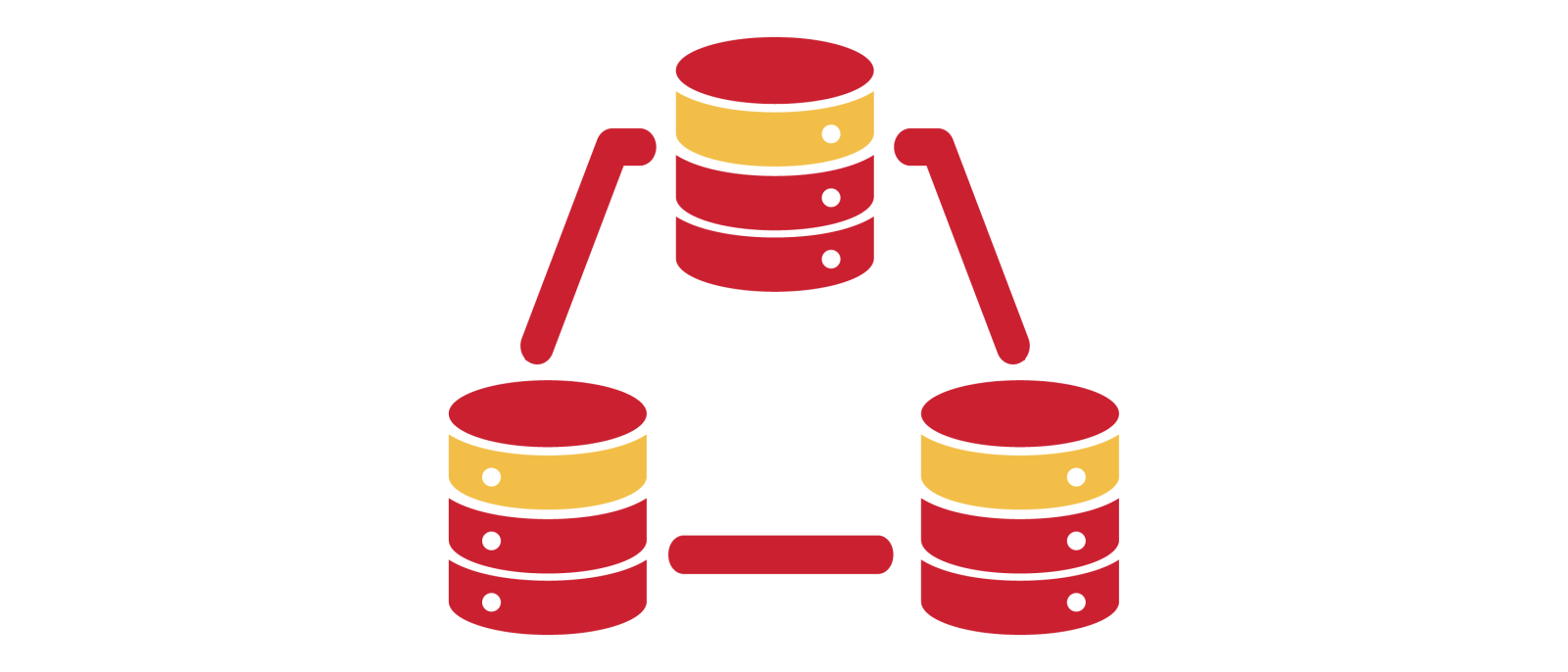
Objective IV: Enrich the ITS employee and customer experience.

New Software Streamlines Finance Billing Processes
To simplify billing processes, the Budget and Finance team partnered with technical teams to transition its telecommunications billing software from MySoft to PCR-360. The transition brought multiple operations like billing and inventory tracking into a single platform and provided more automation. The new software integrates with ServiceNow and Workday, enhancing collaboration between different service providers.
PCR-360 reduces the number of information sources and where data is entered, to help automate repetitive tasks and ensure accuracy.
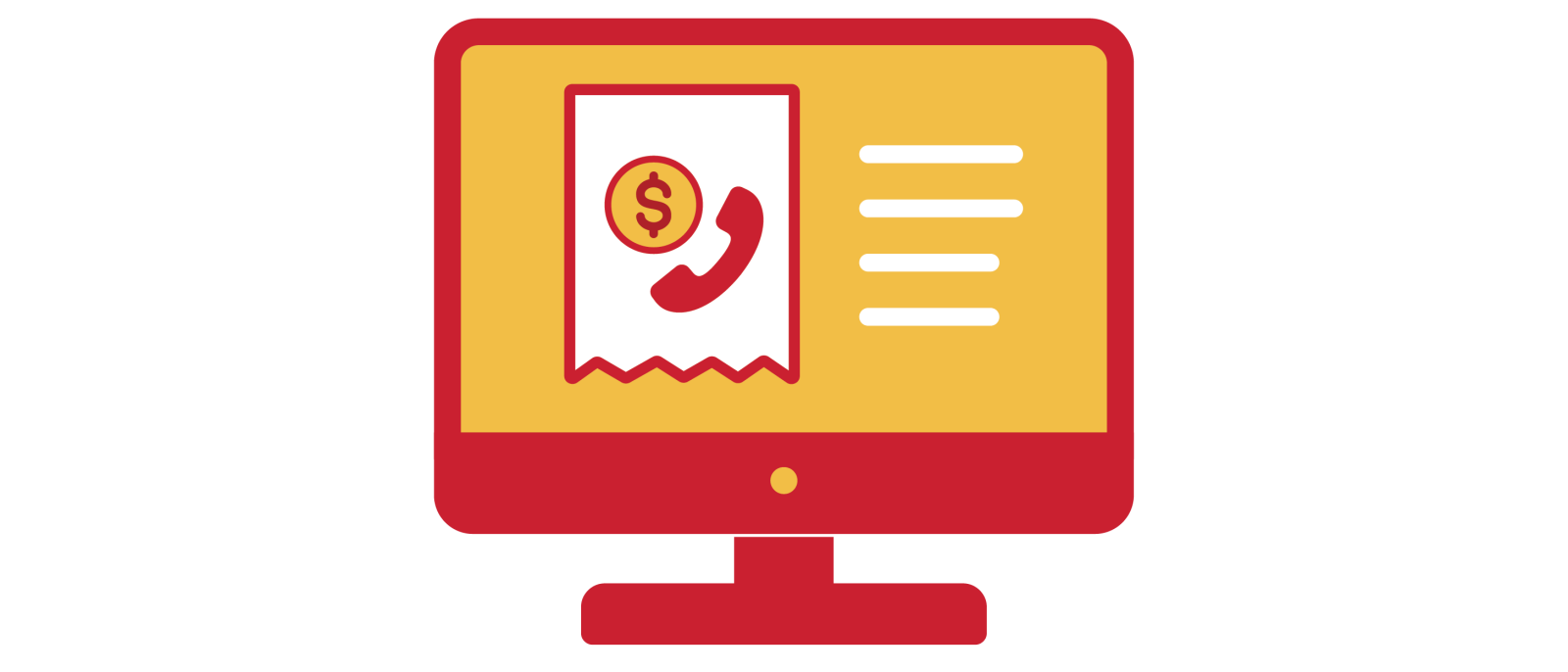


ServiceNow Users Benefit from New Users Group
Employees using ServiceNow at Iowa State have a new users group, formed by ITS, providing a central point for 700 licensed users to ask questions, provide feedback and learn how others on campus are using ServiceNow. ServiceNow hosts the ISU Service Portal, where campus can browse how-to articles and submit service requests, It also allows technical employees to manage help tickets and support Workday.
The group known as SNUG encourages active participation and dialogue among Iowa State ServiceNow license holders to improve their ServiceNow experience. Through the SNUG Teams channel, users can share their insights and stay updated with new features and best practices. Through effective use of this enterprise software, a consistent campus-wide experience is offered.


Fee for Service Audiovisual Experience Reduces University Expense
The Audiovisual Experience team served as full-service audiovisual set up and support team saving campus units costs compared to external contractors. Across their efforts, the team installed hardware, programmed control systems and completed comprehensive testing within spaces across campus.
Many projects provided technology for presentation and collaboration in university spaces, including the all-new technology in two Beardshear conference rooms. Additionally, the team completed an extensive upgrade for Ames Laboratory large meeting space in Spedding Hall. Work completed in Bourlaug Learning Center at the Northeast Research Farm near Nashua included new teaching and collaboration technology.
Completing this work internally enables stronger controls and consistent support for audiovisual systems across university locations.


ITS Awards and Recognition
Women Impacting ISU Calendar
Cyndi Wiley, Digital Accessibility team
25 Year Club
Al Glick, Manager Database Administration
Peggy Witmer, Software Developer
Ruth Schlotfeldt, Software Developer
Higher Ed AV Team of the Year
Audiovisual Experience team
P&S Council Representatives
Mike Fischer, Strategic Communications team
CYtation Award
Workday Learning Implementation team